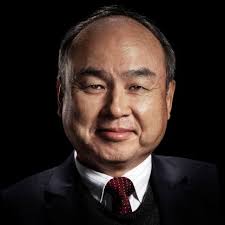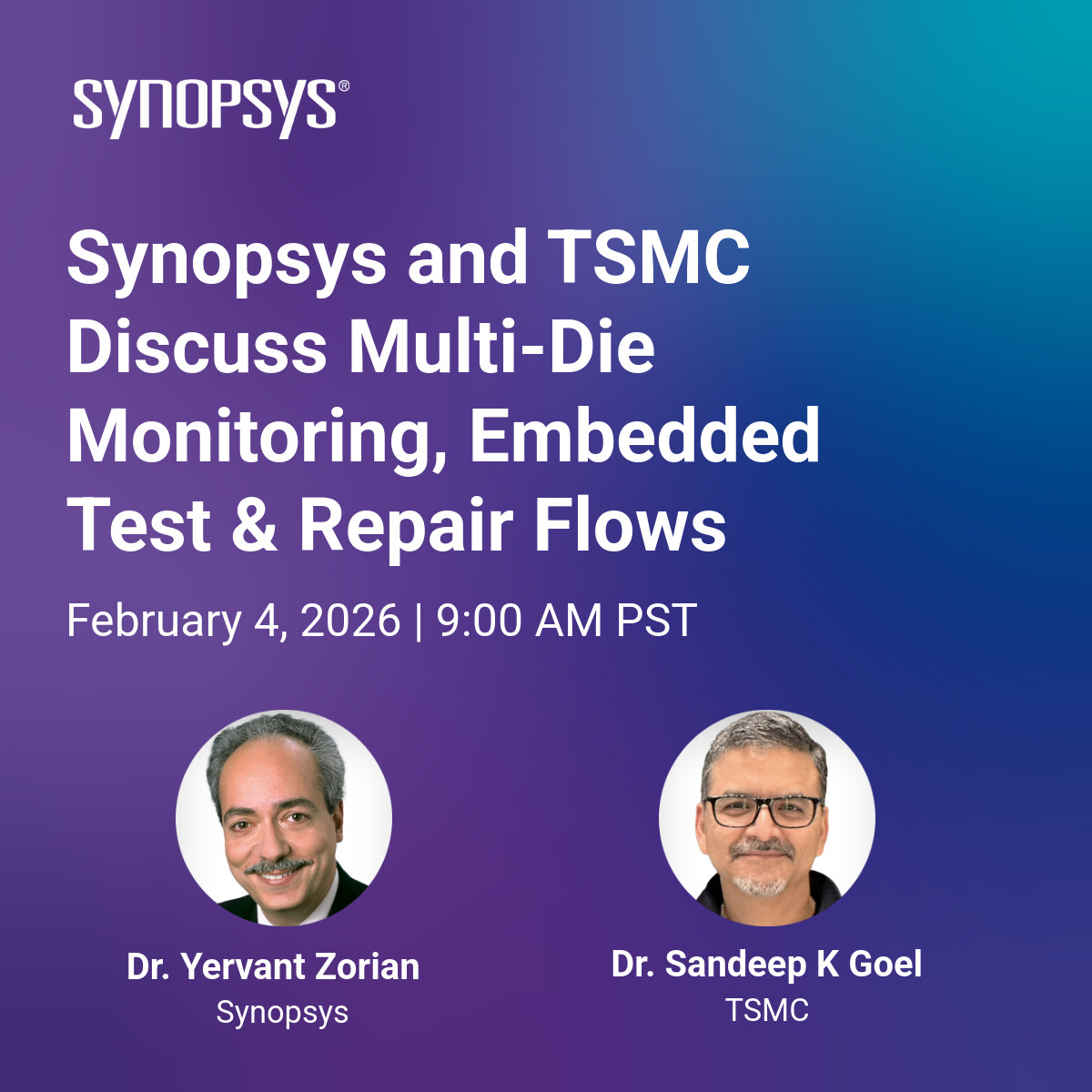Masayoshi Son (孫 正義; born August 11, 1957) is a Japanese entrepreneur and investor, best known as the founder, chairman, and CEO of SoftBank Group. Over four decades he has steered SoftBank from a small software distributor into a global technology holding company spanning telecom, semiconductors, and hundreds of startup investments. His career is defined by outsized, conviction-driven bets (Alibaba, ARM, the SoftBank Vision Funds) and an equally outsized time horizon—the “300-year plan.”
Early life & education
Born in Tosu, Saga Prefecture, to a Korean family in Japan (often described as Zainichi Korean heritage), Son moved to the United States as a teenager. He studied economics at the University of California, Berkeley, and became enamored with microprocessors, entrepreneurship, and the future of information networks. While still a student, he launched small ventures, including an electronic translator he sold to a Japanese electronics company, cementing his belief that software and chips would shape the next era.
Founding SoftBank (1981) & early expansion
Son founded SoftBank in 1981 as a software wholesaler and technology publisher. Through a rapid series of partnerships and acquisitions in the 1980s–1990s, SoftBank became a key conduit for PC software in Japan and an aggressive investor in internet businesses as the commercial web took off. Son articulated a strategy of building a “cluster of No. 1s”—owning stakes in market leaders across categories rather than attempting to run every operating company directly.
Internet era bets & Alibaba
During the late 1990s internet boom, SoftBank invested broadly in portals, e-commerce, and infrastructure startups. The company’s most famous win came in 2000, when Son invested roughly $20 million in Alibaba, then a young Chinese B2B marketplace. That single stake ultimately became one of the most valuable technology investments in history, transforming SoftBank’s balance sheet for the next two decades and reinforcing Son’s reputation for identifying founders early and backing them at scale.
Mobile pivot & telecom operations
In the mid-2000s, Son led SoftBank into mobile telecom by acquiring Vodafone Japan, rebranding it as SoftBank Mobile, and later striking a landmark deal to bring the iPhone to Japan—an inflection point for the carrier’s growth. SoftBank also took a controlling stake in Sprint in the United States, a difficult, multi-year turnaround that eventually culminated in Sprint’s merger with T-Mobile US.
ARM & the platform thesis
In 2016, SoftBank acquired ARM, the British chip IP company whose designs power the world’s smartphones and, increasingly, datacenter and edge devices. The move reflected Son’s thesis that the next wave of the Information Revolution would be built on energy-efficient compute and ubiquitous connectivity. After an attempted sale to Nvidia fell through, SoftBank took ARM public again, retaining a substantial stake as ARM’s role in AI and cloud-scale computing expanded.
Vision Funds: scale, power laws, and volatility
Launched in 2017, the $100+ billion SoftBank Vision Fund (and its successor fund) sought to industrialize venture-scale investing: larger checks, later-stage entry points, and thematic concentration in AI, ecommerce logistics, fintech, mobility, and enterprise software. The approach amplified both the upside (fast mark-ups in dominant category leaders) and the downside (high-profile write-downs, notably WeWork and other pandemic-era dislocations). Son remained adamant that power-law outcomes would justify concentrated, long-duration exposure to foundational platforms.
Philosophy & leadership
Son frames SoftBank’s mission as “Information Revolution — Happiness for Everyone,” repeatedly returning to ultra-long time horizons (decades to centuries), compounding network effects, and the centrality of great founders. He is known for rapid decision-making, deep personal conviction, and a willingness to accept short-term volatility in pursuit of generational upside. Internally and publicly, he emphasizes AI as a once-in-century platform shift that will reshape industries from chips to services.
Setbacks, criticism, and resilience
Son’s record includes dramatic drawdowns—the dot-com crash, Sprint’s prolonged struggles, and Vision Fund losses in 2019–2022. He has been criticized for governance lapses at portfolio companies, valuation exuberance, and leverage. Yet SoftBank’s ability to recycle capital from winners (notably Alibaba and, later, ARM) into new bets has kept the group central to global tech investing.
Philanthropy & public initiatives
After the 2011 Tōhoku earthquake and tsunami, Son pledged significant personal donations and championed renewable energy initiatives in Japan, including large-scale solar projects. He has advocated for long-haul “Asia Super Grid” concepts and increased resilience in energy and communications infrastructure.
Timeline (selected)
-
1957 — Born in Tosu, Saga Prefecture, Japan
-
1981 — Founds SoftBank
-
1990s — Becomes a major distributor/investor across PC software and early internet companies
-
2000 — Invests in Alibaba
-
2006 — Acquires Vodafone Japan (SoftBank Mobile); iPhone partnership follows
-
2013 — Takes controlling stake in Sprint (USA); later merged into T-Mobile US
-
2016 — Acquires ARM Holdings
-
2017 — Launches SoftBank Vision Fund
-
2020–2022 — Portfolio volatility and write-downs; renewed emphasis on AI platforms
-
2023 — ARM returns to public markets; SoftBank retains a large position
Notable quotes (attributed)
“I have a 300-year plan.”
“Information Revolution — Happiness for Everyone.”
“I may be crazy, but I am a believer—in founders, in platforms, and in the power of compounding.”
“If I see a 1% chance of something becoming a platform for the future, I go big.”
“The AI revolution will be bigger than the industrial revolution.”
“My strategy is a cluster of No. 1s—back the leaders and let compounding do the rest.”
“I don’t fear volatility; I fear missing the wave.”
“When I decide, I decide fast—and I take responsibility for the outcome.”
“SoftBank is an ecosystem, not a single company.”
“I invest in people more than in spreadsheets.”
Legacy & impact
Masayoshi Son’s legacy rests on two intertwined ideas: that platforms (from ecommerce networks to chip IP to AI models) generate nonlinear value over long horizons, and that concentrating capital behind exceptional founders can bend those horizons. Whether celebrated for vision or criticized for volatility, Son has shaped how capital chases technology at global scale—and continues to argue, with characteristic conviction, that the next great compounding wave will be led by AI.














The Foundry Model Is Morphing — Again